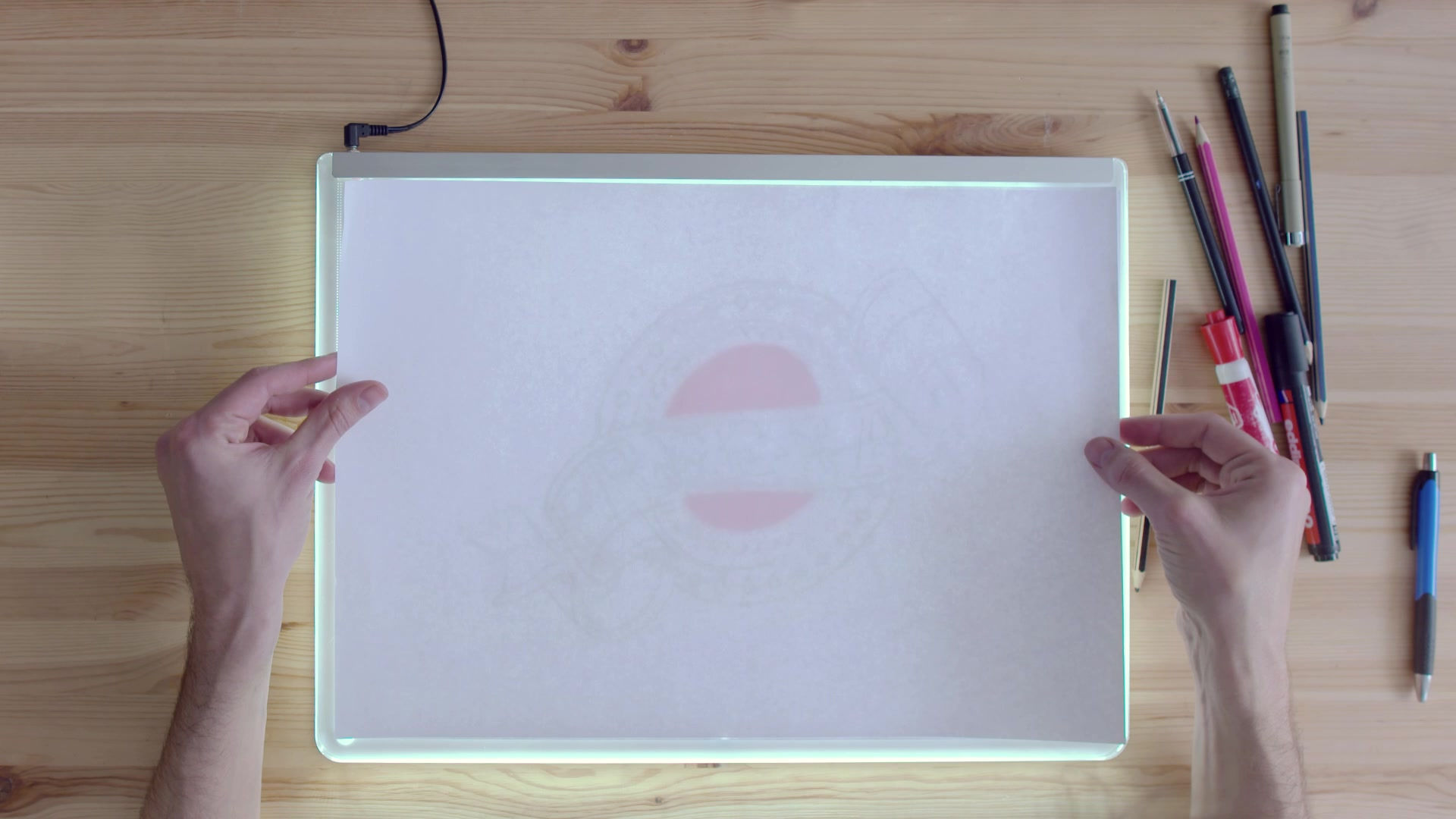Deaf Can Do Anything: Challenging Misconceptions and Embracing Diversity
- Cheryll Atienza

- Apr 20, 2023
- 3 min read
Updated: Feb 7

The common misconception that deaf people are limited in their abilities is far from the truth. Contrary to popular belief, Deaf people can do anything that hearing people can do, and in some cases, they even excel beyond what is expected of them. The truth is, many deaf individuals have remarkable skills, talents, and capabilities that are often overlooked and underrated due to hearing people's limited perception of their abilities.
Deaf People Can Drive and Do It Well
One of the biggest misconceptions about Deaf people is that they cannot drive. This belief is based on the assumption that hearing is necessary to be aware of one's surroundings while driving. However, Deaf people are just as capable of driving as hearing people, and there are no laws that prohibit them from doing so. In fact, deaf drivers are often more focused and aware of their surroundings than hearing drivers, since they rely on visual cues and peripheral vision to compensate for their lack of hearing.
Deaf People Can Work in Various Professions
Another common misconception is that Deaf people are not suitable for certain jobs or professions. However, this notion is entirely baseless, since deaf people can work in virtually any profession that hearing people can. Deaf people have successfully worked as police officers, lawyers, doctors, dentists, dancers, pharmacists, auto mechanics, welders, graphic designers, artists, and many more.
Moreover, Deaf individuals have proven to be valuable assets in some professions due to their unique perspectives and abilities. For instance, some Deaf individuals may have enhanced visual abilities that allow them to detect small details or changes in their environment that hearing people may miss. This can be particularly useful in fields such as art, design, or engineering.
Deaf People Can Pursue Careers in Hollywood
Contrary to popular belief, deaf people can pursue careers in Hollywood and become successful actors and actresses. In recent years, there has been a significant increase in the number of Deaf actors and actresses appearing in movies and TV shows, proving that they can play any role that their hearing counterparts can.
One example of a successful Deaf actress is Marlee Matlin, who won an Academy Award for Best Actress in a Leading Role for her performance in "Children of a Lesser God." Another example is Troy Kotsur, a Deaf actor who has appeared in many TV shows and movies, including "The Mandalorian" and "CODA." These deaf actors and actresses have proven that they can deliver powerful performances and bring new perspectives and diversity to the entertainment industry.
The Importance of Supporting Deaf People
Despite their skills and abilities, Deaf people often face discrimination and exclusion due to their deafness. This can lead to limited opportunities and obstacles in pursuing their goals and dreams. Therefore, it is crucial for hearing people to support and encourage Deaf people and to recognize and celebrate their talents and achievements.
Supporting Deaf people means providing them with equal opportunities, access, and accommodations in education, employment, and social activities. It also means learning and embracing Deaf culture and sign language, and avoiding assumptions and stereotypes about deaf people.
In conclusion, the idea that Deaf people are limited in their abilities is a misconception that needs to be challenged and corrected. Deaf people can drive, work in various professions, pursue careers in Hollywood, and achieve anything that hearing people can. It is essential to support and encourage Deaf people and embrace their diversity and unique abilities. Let us break down the barriers that limit Deaf people's opportunities and celebrate their talents and contributions to our society.



























































Comments